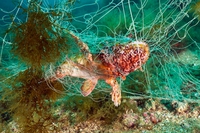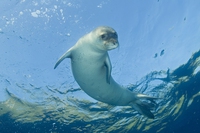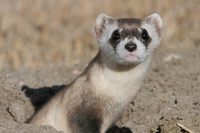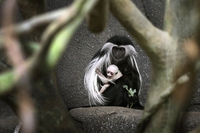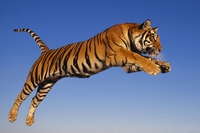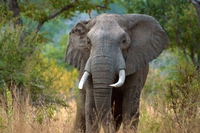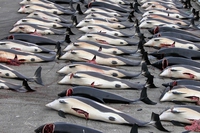
What is Grindadráp and why is whaling in the Faroe Islands so controvesial
Grindadráp is the local name for a yearly event that sees the people of the Faroe Islands, a self-governing archipelago under Denmark, hunt long-finned pilot whales as well as other species of cetaceans such as bottlenose dolphins, white-sided dolphins and Risso’s dolphins. These species aren’t on the International Union for Conservation of Nature (IUCN)’s list of endangered animals, but
